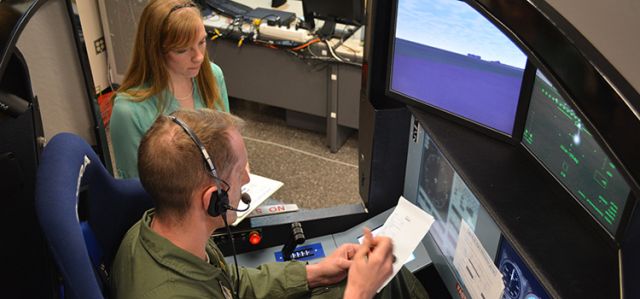Effects of Thermo Capillary Stresses on the Capillary Limit of Capillary-Driven Heat Transfer Devices
Document Type
Conference Paper
Publication Date
8-1998
Publication Source
International Heat Transfer Conference
Abstract
An investigation of thermocapillary effects on a heated and evaporating meniscus formed by a volatile liquid in a vertical capillary tube, where the evaporation is sustained by capillarity, has been carried out. This investigation is primarily experimental, although analysis is presented to gain insights into the experimental results. The work was motivated by the importance of the evaporation process from porous or grooved medium which is integral to operation of capillary-driven heat transport devices such as heat pipes and capillary pumped loops.
For simple single pore capillary-driven systems it has been shown that due to energy transport, a longitudinal wall temperature gradient along a capillary pore is produced and that due to the temperature dependence of the surface tension, thermocapillary stress at the liquid-vapor interface is created. As the energy transport and thus the thermocapillary stresses increase, it has been shown that the thermocapillary effects tend to reduce the capillary pumping potential of the system and that this reduction in potential or wicking height directly effects the heat transfer characteristics of a capillary pore system. This reduction results from the dynamic effects of energy and mass transport. The dynamic effect associated with energy transport has not been considered in the predictions for the capillary limit of capillary-driven heat transfer devices in the open literature. This work therefore proposes to examine and predict the thermocapillary limit of capillary-driven heat transfer devices once energy transport is initiated.
Inclusive pages
63-68
ISBN/ISSN
1064-2285
Copyright
Copyright © 1998, Begell House
Publisher
Begell House
Volume
5
Place of Publication
Kyongju, Korea
eCommons Citation
Pratt, David M.; Chang, Won Soon; and Hallinan, Kevin P., "Effects of Thermo Capillary Stresses on the Capillary Limit of Capillary-Driven Heat Transfer Devices" (1998). Mechanical and Aerospace Engineering Faculty Publications. 60.
https://ecommons.udayton.edu/mee_fac_pub/60
COinS




Comments
Permission documentation is on file.